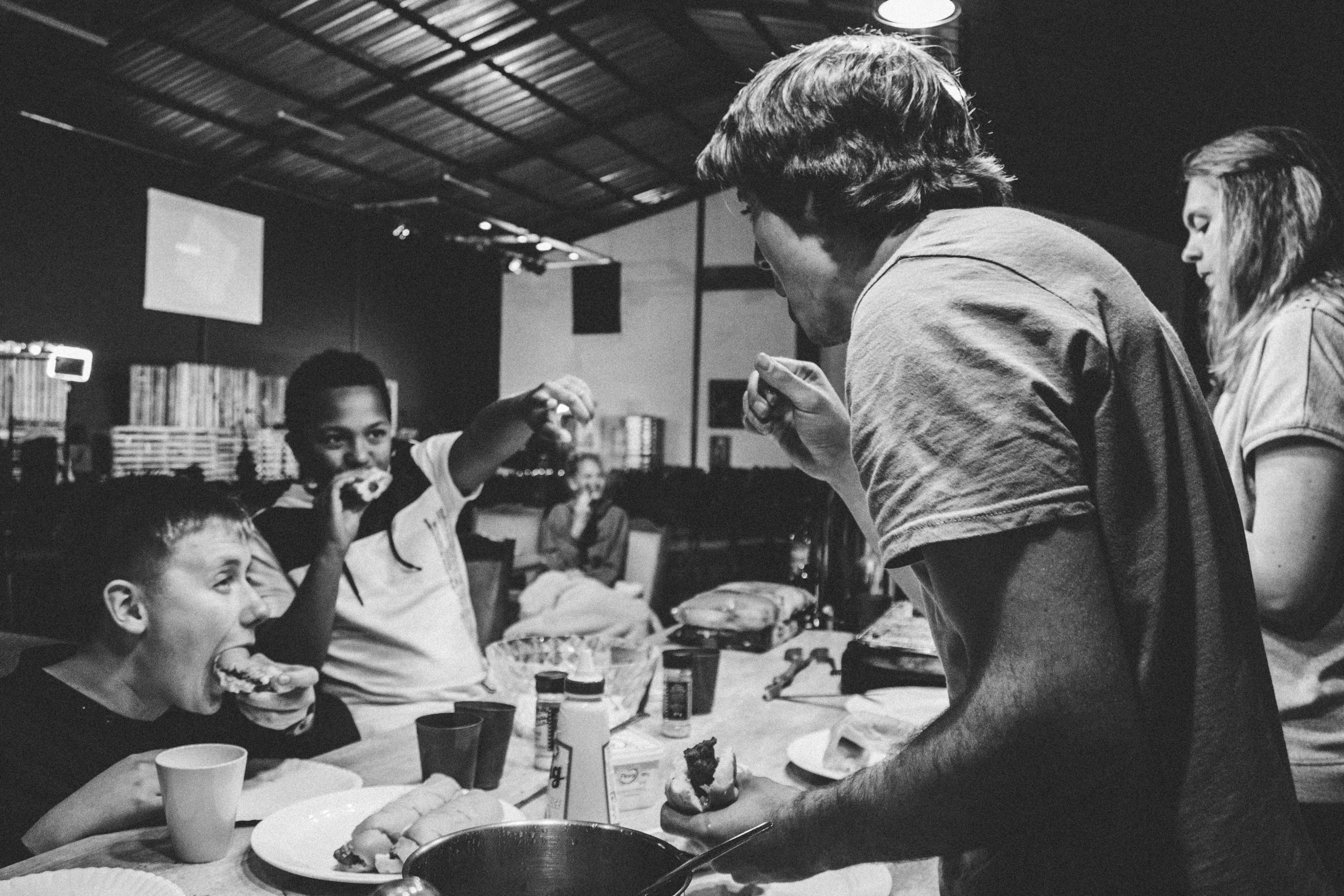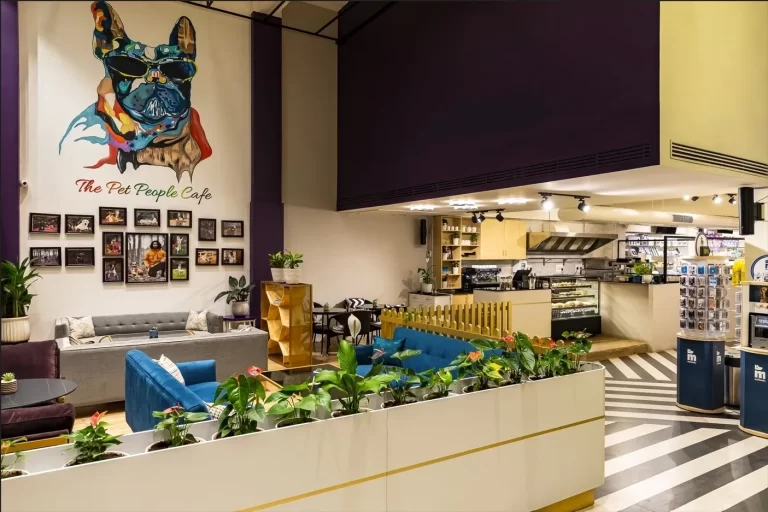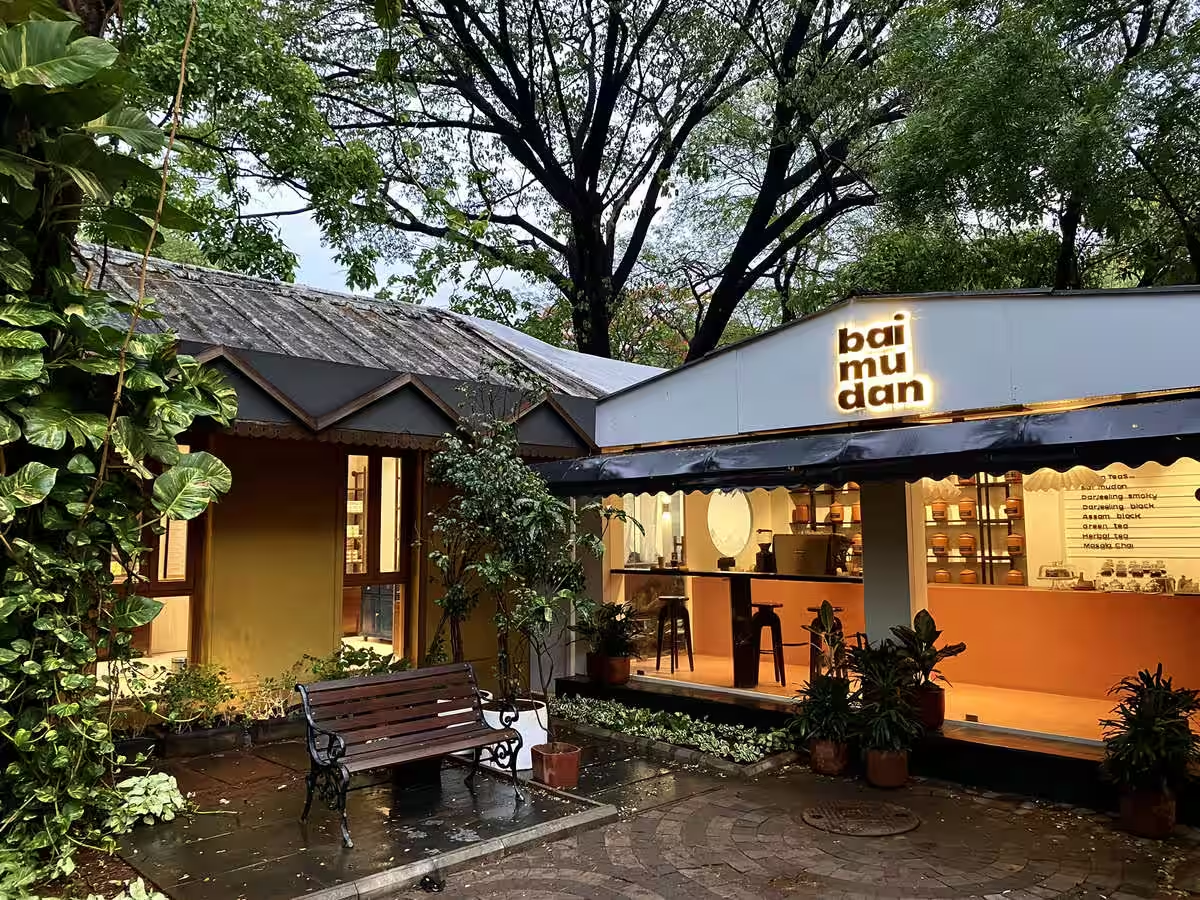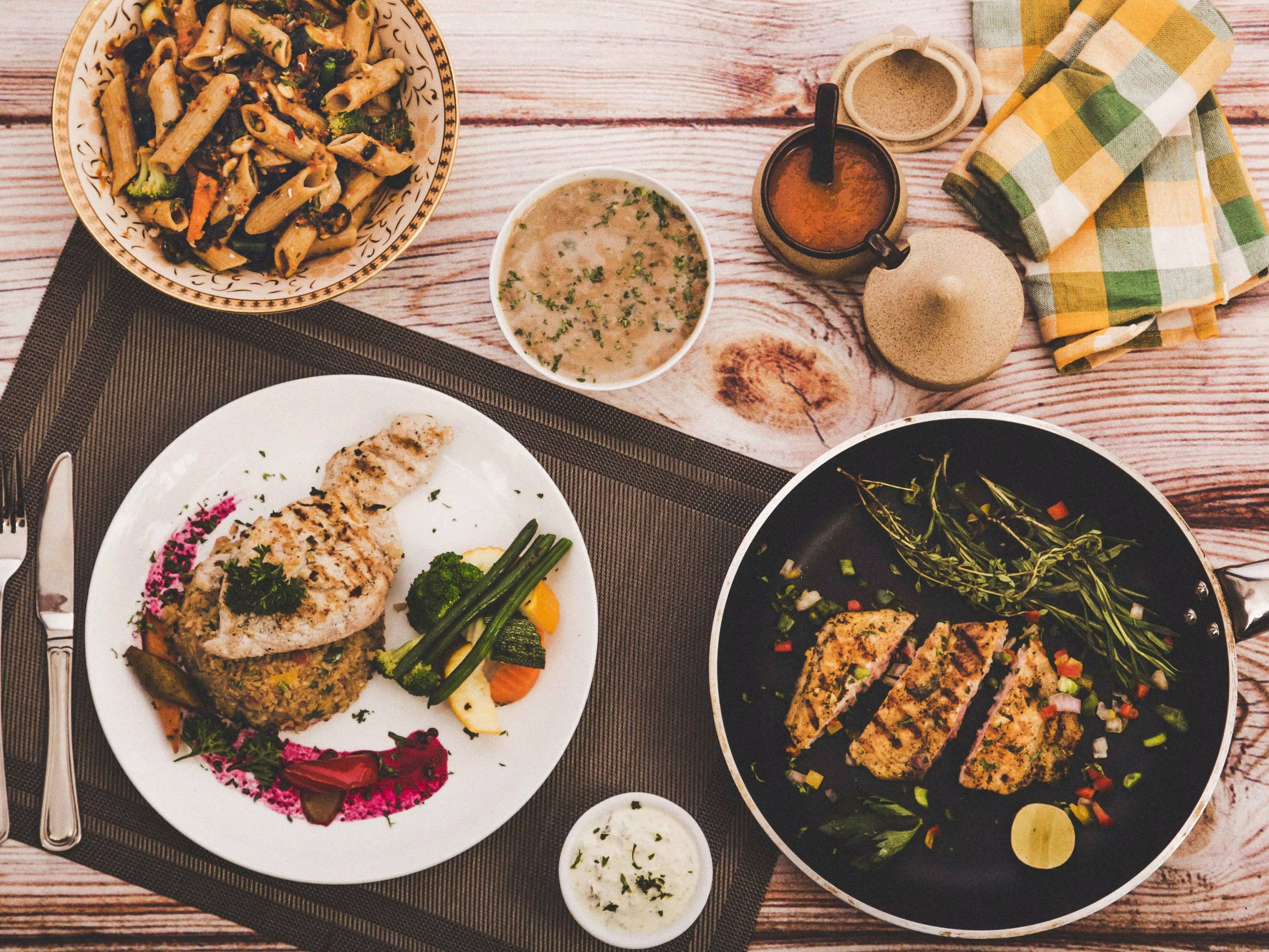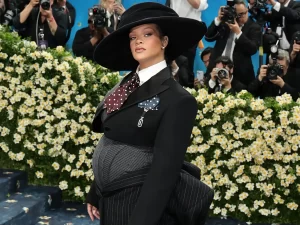Have you ever wondered why does food taste better when others cook it? You sit down to a meal prepared by someone else, whether it is a friend, a chef, or a partner, and suddenly every bite seems richer, more satisfying, more memorable. In this post, you will unpack the psychological, sensory, and social reasons behind this phenomenon. You will learn how expectations, context, and your own biases shift flavor perception and how you can turn that insight to your culinary advantage.
Your Brain Loves a Good Plot Twist
One of the strongest drivers of why does food taste better when others cook it lies in expectation and your brain’s reaction when reality diverges.
- Neuroscience research shows that when you expect something mild, such as bland pasta, but instead get a flavorful punch, your perceived intensity shifts upward.
- In one experiment, participants were cued to expect a certain sweetness level. When the actual sweetness mismatched, their reported sensation changed in line with their expectation.
- That top-down influence of expectation on early sensory processing means your brain is constantly adjusting perception based on what it thinks should come next.
When someone else is cooking, you often expect something better, perhaps because they carry a reputation or because you are not laboring through the process yourself. That heightened expectation disarms your skepticism and primes your senses.
The Flavor Boost That Comes With Company
Another answer to why does food taste better when others cook it is rooted in social cues and the eating environment.
- Shared enjoyment and social proof
Eating is rarely a solo act. When you are dining with someone else who is enjoying a dish, you are more likely to rate it highly. In a study, participants who ate dessert together, compared to eating while someone else did something unrelated, rated the dessert as more pleasurable. - The “someone else cooked” halo effect
You might subconsciously believe that if someone else is cooking, it must be better. That cognitive bias colors your interpretation of every aroma and flavor in the meal. - Mental space equals more taste
When you cook, you are juggling timing, cleaning, seasoning, and reheating. That mental load interferes with your capacity to focus on taste. But when someone else cooks, your sensory bandwidth is freed so your full attention goes to savoring.
Why Taste Is More Than Just Taste
Taste is not just about your tongue. When you ask why does food taste better when others cook it, remember that flavor perception is multisensory and shaped by visual, olfactory, tactile, and auditory cues.
- Sight
Presentation matters. A plate that looks beautiful triggers expectations of delicacy and quality. - Smell
Much of what you call “taste” is actually smell during chewing. Block your nose, and flavor dulls. - Texture and sound
Crunch, creaminess, and crispness all inform your enjoyment. The environment, such as background noise, can also skew flavor perception. - Temperature and timing
Food arriving hot and fresh from the stove often tastes better than something reheated or delayed.
When someone else cooks, these sensory cues tend to be more intact. They are not compromised by delays, distractions, or multitasking.
When Cooking for Yourself Works in Your Favor
Interestingly, the reverse also happens. Sometimes food you prepare yourself feels better. That is known as the “IKEA effect,” where you value things more if you have put effort into them. Some studies show people actually rate self-made food higher in certain contexts.
But here is the twist. That effect is stronger for healthier or neutral foods. When guilt or bias creeps in, for example with indulgent treats, having someone else cook may boost enjoyment more than cooking it yourself.
So, why does food taste better when others cook it? Often because you are offloading effort, expectation is elevated, and your senses get the starring role.
5 Hacks to Make Your Own Cooking Taste Like Someone Else Made It
You might not always be able to have someone else cook for you. Here are ways you can apply these insights yourself:
- Mindset trick
Before you taste, tell yourself this dish is special, that someone else would praise it. - Elevate the presentation
Use clean plates, striking colors, and garnish. - Optimize environment
Reduce noise, set the table, and let your senses breathe. - Taste blind
Hide what you cooked, reveal it only at tasting. This can trick your brain into expecting freshness. - Share your food
Eating with others adds reinforcement that lifts enjoyment.
FAQs
Q: Is there scientific proof that food tastes better when others cook it?
A: Yes. Research in psychology and neuroscience shows that expectation and social context can shift how you rate taste.
Q: Does this apply to all kinds of food?
A: It tends to apply to foods with complexity, such as seasoning, texture, and aroma. Simple foods such as plain toast offer less room for perceptual enhancement.
Q: Can I replicate the effect when I cook myself?
A: Absolutely. Boost your presentation, adjust your mindset, pay attention to sensory cues, and remove distractions to approximate the “someone else cooked this” advantage.
Taste Is Always Part Psychology
The next time you eat something made by someone else and find it more delicious, it is not just in your head. Your brain, senses, and social wiring are working together behind the scenes. Now you know why does food taste better when others cook it.

